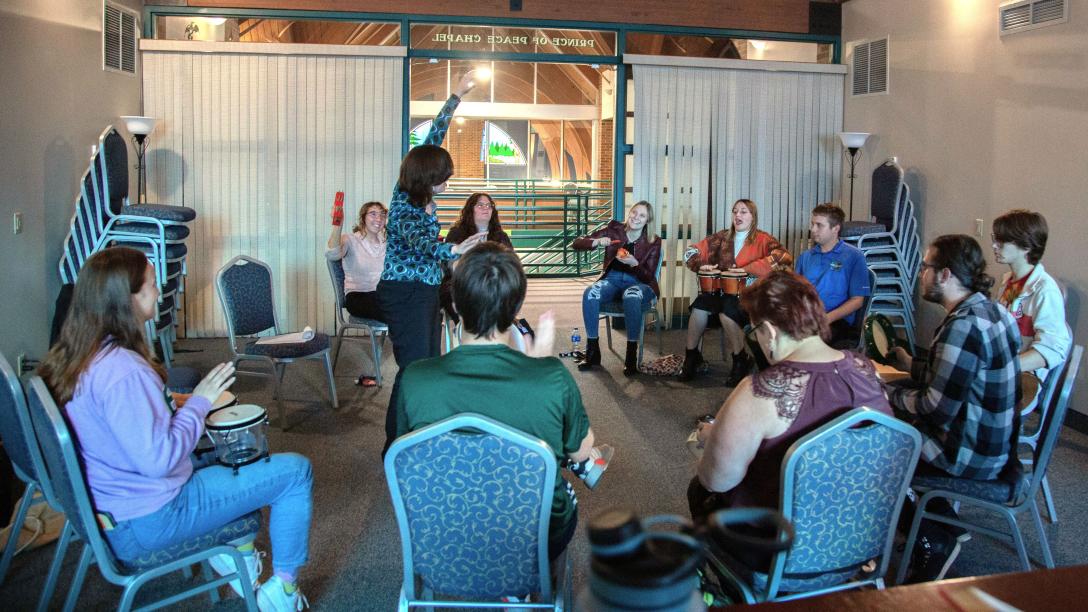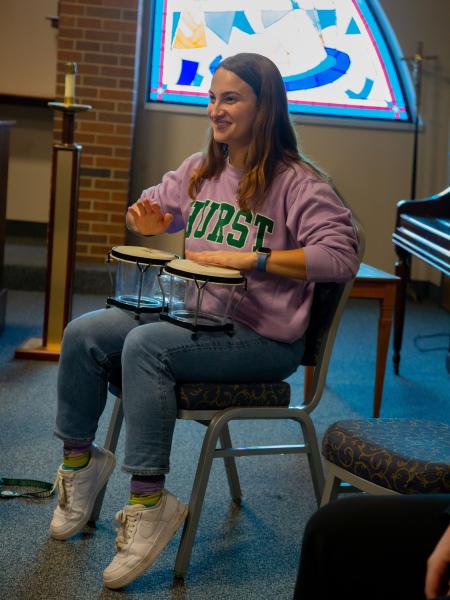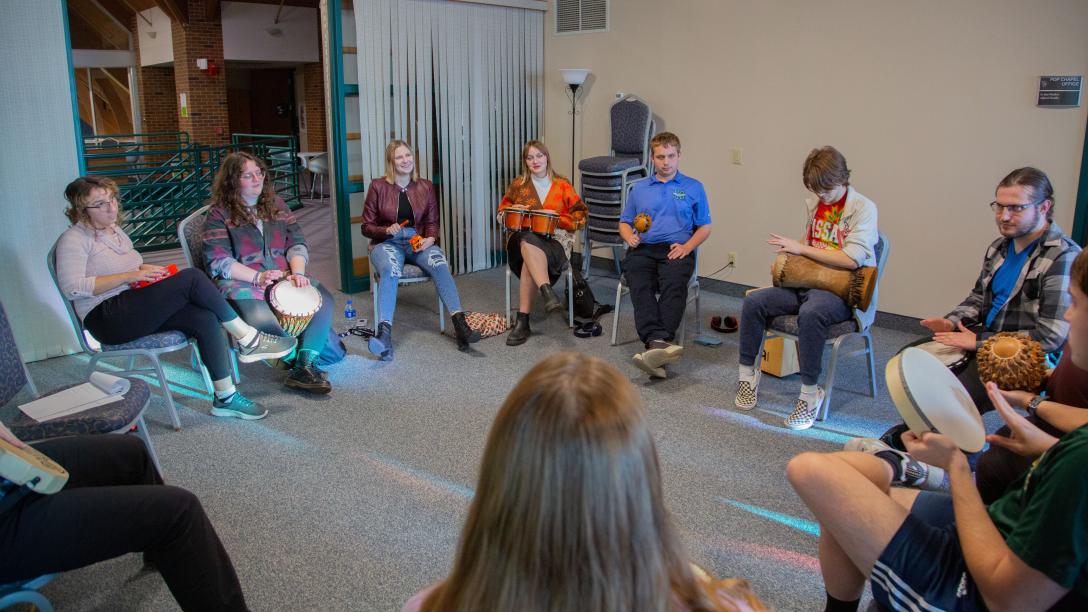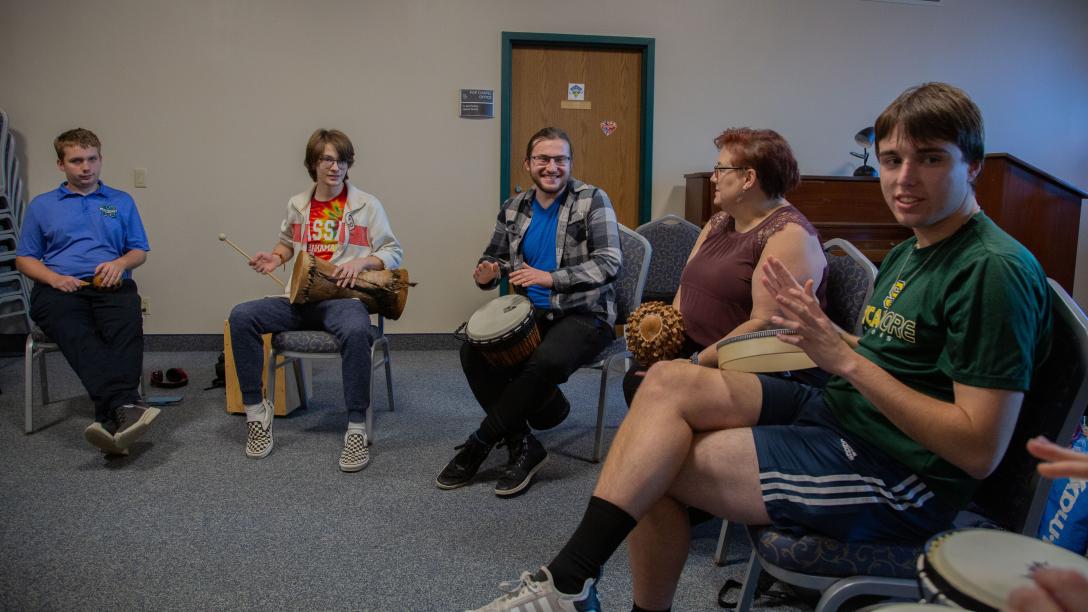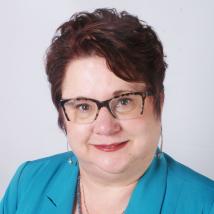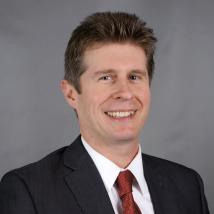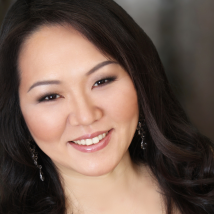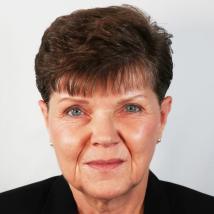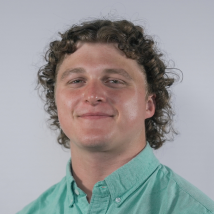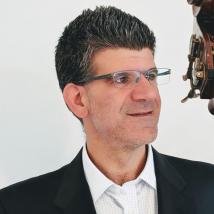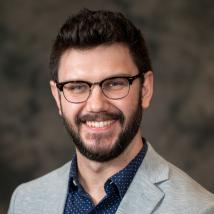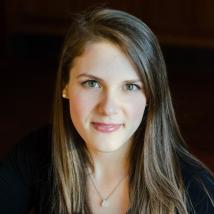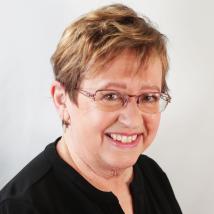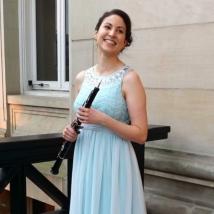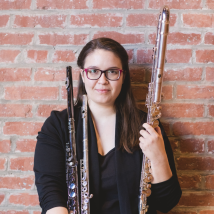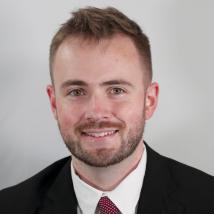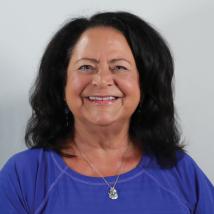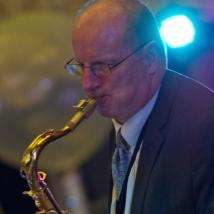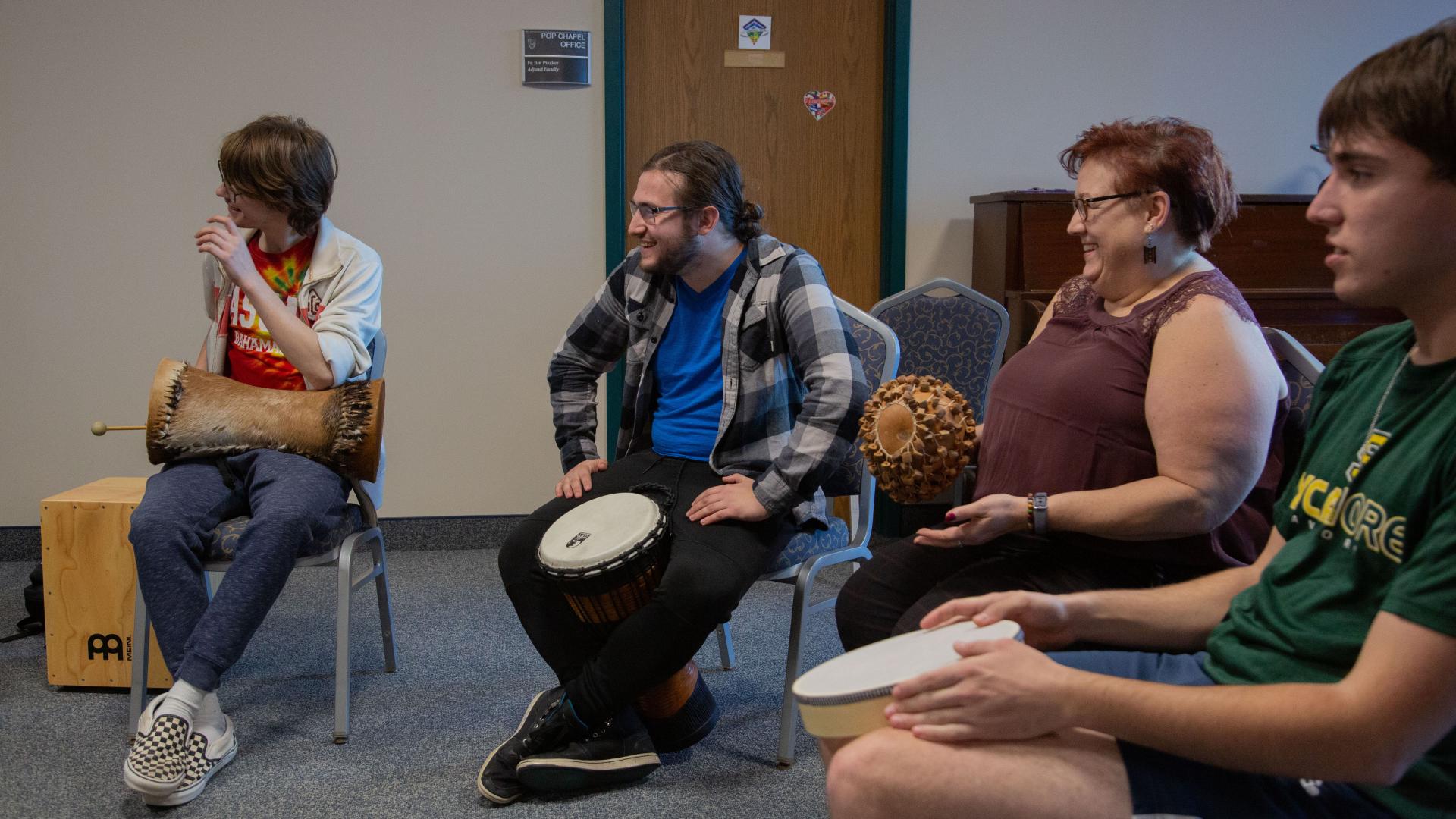
Music Therapy
This Bachelor of Music program emphasizes musical proficiency at a pre-professional level through individual instruction, mentoring, and career guidance. Performance experience includes large and small ensembles, solo performance opportunities, solo work in large-scale productions, and solo recitals in the junior and senior years.
Music therapy is an evidence-based and credentialed healthcare profession that utilizes the properties of music to accomplish non-music goals in a medical, therapeutic, or special education environment. The Music Therapy curriculum focuses on music, psychology, neurology, health care, and real-world clinical experiences within a wide variety of Erie-area health care facilities. All graduates of the four-year program who also complete a six-month internship will be eligible to sit for the national board exam, which leads to the Board Certified Music Therapist (MT-BC) credential. Students are encouraged to craft a minor or concentration in a related field to enhance their practice in a specific area of health care, such as psychology, neuroscience, or art therapy.
Fast Facts
- Mercyhurst is the only institution in the Erie area that offers accredited Music Degree Programs. Our five programs are B.A. in music, B.M. in composition, B.M. in performance, B.M. in music therapy, and B.M. in music education.
- Generous performance scholarships are available for music students.
- With the B.A. music degree, enjoy the flexibility of pursuing a minor in an outside area, or perhaps even a double major, to enhance your career options and graduate school opportunities.
- Music therapy majors get hands-on clinical experience working with patients living with autism, brain injury, Alzheimer’s, and Parkinson’s disease, among others.
- As a music therapy major, your curriculum will focus on music, psychology, neurology, health care, and real-world clinical experiences in a wide variety of Erie-area healthcare facilities. Our program is an American Music Therapy Association (AMTA) member.
- All majors enroll every semester in at least one large ensemble—such as concert choir, wind ensemble, jazz ensemble, or civic orchestra. Choose from one of eight small ensembles. All ensembles are open to non-music majors as well.
- MUS 140/240: Large Ensemble (Four semesters, one credit each)
- MUS 1##/2##: Lessons on Instrument/Voice/Composition (Four semesters, one credit, 30-minute lessons per week)
- MUS 101/102: Theory I and II (Two semesters, three credits each)
- MUS 109/113: Theory and Aural Lab I and II (Two semesters, zero credits each)
- MUS 111/112: Aural Skills I and II (Two semesters, one credit each)
- MUS 104: Music History I (Antiquity to 1750); Fall semester only
- MUS 105: Music History II (1750 to the present); Spring semester only
- MUS 114: Music and Media; Fall and spring semesters
- MUS 206: Orchestral/Chamber Music Lit.; Spring semester, alternating years
- MUS 207: World Music/Jazz History; Fall semester only
The music minor involves 19 credits in music theory, aural skills, music history, ensembles, and applied instruction on your instrument or voice.
One Music History course (Three credits), chosen from the following:
Learning Outcomes
- Possess an appropriate understanding of music theory and the skills to properly read and compose music
- Identify significant events, innovations, and composers in music history and identify pieces within each major historical period
- Exhibit a proficient level of piano performance
- Attain an acceptable level of performance proficiency on their respective major instrument
- Obtain an appreciation for and necessary skills to properly evaluate other's musical performances
- Grow musically and socially by participating in musical ensembles
A resource and organization dedicated to professional music therapists. Mercyhurst’s Music Therapy Program is a member of AMTA.
Students in our Music Therapy Degree Program come together in this club to promote music therapy on campus and help prepare them for their internship.
The culminating requirement for students in the Music Therapy Degree Program. Students have enjoyed prestigious placements throughout the country.
Earn a master’s degree in one additional year in a program such as organizational leadership or special education.
Meet the Faculty
Music Therapy

Rebecca Wunch
Mary A. Spadafor Endowed Chair of Music, D’Angelo Department of Music; Director, Sullivan Conservatory of Music, Instructor, Clarinet, Theory/Aural Skills, Woodwind Ensemble

Brittany Barko Krugger, M.M., MT-BC, NMT
Director, Music Therapy Program; Assistant Professor; Director of Liturgical Music
